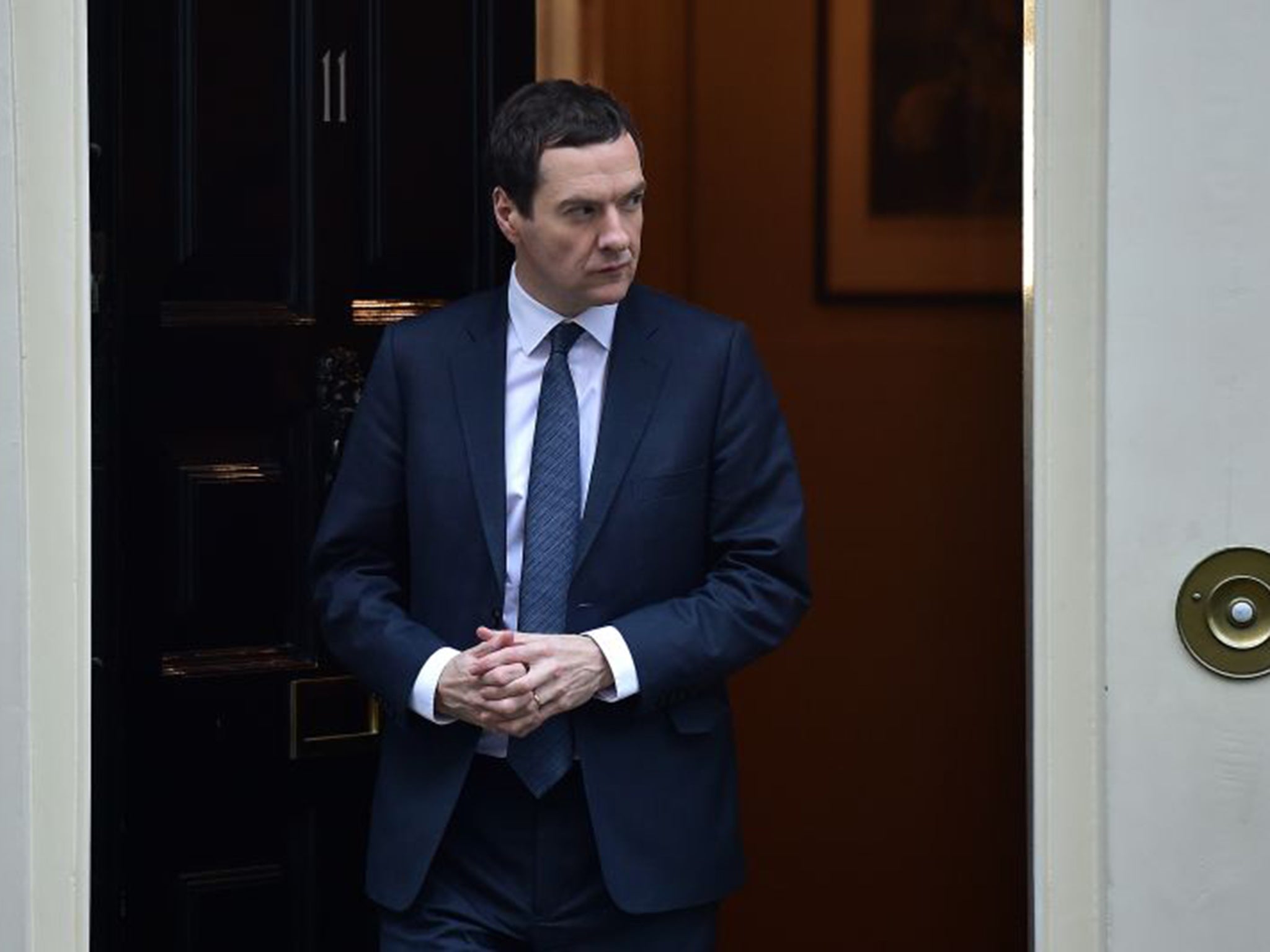A House of Commons full of hidden agendas
John McDonnell’s prudence underlines the irresponsibility of George Osborne’s deep public spending cuts

Your support helps us to tell the story
From reproductive rights to climate change to Big Tech, The Independent is on the ground when the story is developing. Whether it's investigating the financials of Elon Musk's pro-Trump PAC or producing our latest documentary, 'The A Word', which shines a light on the American women fighting for reproductive rights, we know how important it is to parse out the facts from the messaging.
At such a critical moment in US history, we need reporters on the ground. Your donation allows us to keep sending journalists to speak to both sides of the story.
The Independent is trusted by Americans across the entire political spectrum. And unlike many other quality news outlets, we choose not to lock Americans out of our reporting and analysis with paywalls. We believe quality journalism should be available to everyone, paid for by those who can afford it.
Your support makes all the difference.The Prime Minister unwisely suggested that when his rival Boris Johnson came out for coming out of the European Union he had “an agenda”.
David Cameron slyly pointed out that, because he would not be leading his party into another election, he could be trusted to tell the truth in the national interest. “I am standing here today telling you what I think,” he said, foolishly suggesting not only that the Mayor of London was being disingenuous for the sake of his career, but that he himself had not been wholly honest when he did have elections to fight.
When the Chancellor stands to deliver the Budget on Wednesday, therefore, he cannot be grateful to Mr Cameron for suggesting that those who aspire to lead the Tories at the next election must have ulterior motives for their proposals. George Osborne will hardly be able to move for agendas. He will want to present himself in the most prime ministerial light, do down his rival Mr Johnson, and win the EU referendum.
At this point before a Budget it is always hard to separate spin from substance in any case. The reports in Saturday’s newspapers about cuts to disability benefits might well have been a softening-up exercise. When, as our Political Editor reports, the Chancellor postpones new cuts to public spending until 2018, journalists might report that he is not quite the caricature of Tory hard-heartedness they expected him to be.
Whatever the agendas behind its presentation, such a delay can only be welcomed. The already announced cuts are already too deep, so it makes sense to wait to see if the worsening fiscal position actually materialises.
As for wanting to win the EU referendum, that is a hidden agenda of which we thoroughly approve. If, by warning of potential difficulties ahead of a stuttering world economy, the Chancellor is seeking to point up the dangers of putting the UK outside the single market, he is quite right to do so.
But there are other agendas closer to home. As John Rentoul points out, Mr Osborne’s shadow, John McDonnell, has unexpectedly moved into the centre ground vacated by the Chancellor. Mr McDonnell is now proposing to limit borrowing by a future Labour government to a level that keeps the national debt from growing faster than the economy.
For some left-wingers, this is a needless concession to “austerity” – they would argue that, with real interest rates close to zero, there should be no limit to government borrowing for investment in productive projects. The Independent on Sunday, however, supports Mr McDonnell’s prudence, not least because it underlines the irresponsibility of Mr Osborne’s deep public spending cuts. Such prudence provides a surer base from which to assault the Chancellor for his attempt to balance the Treasury’s books on the backs of the working poor. For all the attention devoted to Mr Osborne’s retreat from cutting tax credits for low-income workers, the cuts have only been postponed not abandoned.
Mr Osborne has already dropped the idea of a grand reorganisation of pension tax, realising that any such change is bound to produce more aggrieved losers than grateful winners. He has decided not to risk offending important parts of the electorate who have a proven tendency to turn out to vote.
Vote-getting is hardly a secret motive for a politician. It could be argued – against Mr Cameron’s implication that only politicians freed of the need for re-election tell the truth – that a Chancellor sensitive to public opinion is in fact a good example of democracy in action.
If so, we should applaud Mr Osborne’s ambition. If it leads him to rethink his spending plans for the rest of this parliament, we are all for it.
Join our commenting forum
Join thought-provoking conversations, follow other Independent readers and see their replies
Comments